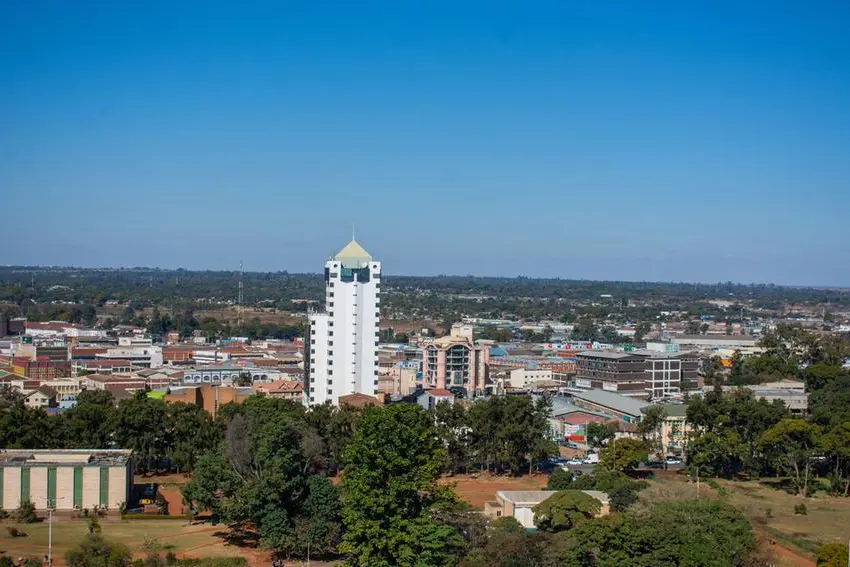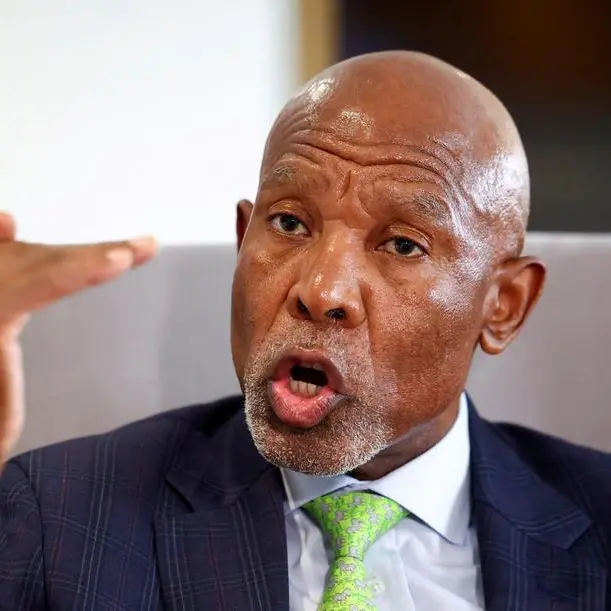PHOTO
Is the quota system a progress or setback
Introduced in 2013, the quota system was heralded as a progressive step toward inclusivity. Yet, the framework has faced limitations. The reserved seats apply only to multi-member constituencies, leaving single-member constituencies—the true battleground of political power—predominantly male. For many women, this structural gap means the quota system acts as both a lifeline and a ceiling.
Maureen Kademaunga, a Member of Parliament, highlights these challenges. “On paper, the quota amplifies women’s voices and highlights their political challenges. But in practice, it has also become a tool for parties to sideline women from constituencies by directing them to party lists,” she said. Kademaunga advocates for an electoral framework modeled on systems in countries like South Africa and Namibia, where proportional representation fosters gender balance without compartmentalizing women into separate lists.
Waning gains in representation
Recent data reveals the precariousness of women’s political gains. In the 2023 elections, the number of women elected in constituency seats dropped to 10%, compared to higher percentages in previous parliaments. “Parties use the existence of quotas as an excuse,” Kademaunga added. “If you want to contest in a constituency, they often push you toward the proportional representation list, effectively making way for male candidates.”
This trend mirrors a broader regional struggle. According to Inge Herbert, Regional Director for the Friedrich Naumann Foundation SubSaharan Africa, women in Zimbabwe and much of Africa remain underrepresented in decision-making. “Despite constitutional quotas, political spaces are overwhelmingly male-dominated. Glass ceilings persist, and women often face barriers to reaching the highest levels of leadership,” Herbert said.
Amplifying voices or entrenching limitations?
While the quota system has undeniably increased women’s presence in parliament, critics argue it falls short of fostering equitable representation. The reliance on proportional representation lists, detached from direct electoral constituencies, creates a perception that women legislators are second-tier members of parliament.
“Everyone should be a full member of parliament with equal discharge of duties,” said Kademaunga. “The current framework, while well-meaning, may inadvertently exacerbate the problem it seeks to solve.”
The European Union Election Observation Mission Zimbabwe 2023 final report recommended the country to amend the current provisions of women and youth quotas to grant effective gender equality and fair youth representation in line with the constitution.
Herbert emphasized the need for collective action. “The narrative must change, and women must work together to remove barriers that limit participation,” she said.
A resilient democracy requires representation
As Zimbabwe grapples with these issues, the quota system remains a paradox—an essential yet insufficient tool for achieving gender parity. While it has amplified women’s voices, true inclusion requires a deeper restructuring of political and societal frameworks.
For Zimbabwe to build a resilient and inclusive political culture, its leaders must ensure that the principle of representation extends beyond quotas, fostering a political landscape where women and men compete on equal footing.
As Kademaunga aptly puts it, “It’s time to evolve our system to reflect the realities of equality—not just on paper, but in practice.”
© Copyright The Zimbabwean. All rights reserved. Provided by SyndiGate Media Inc. (Syndigate.info).





















